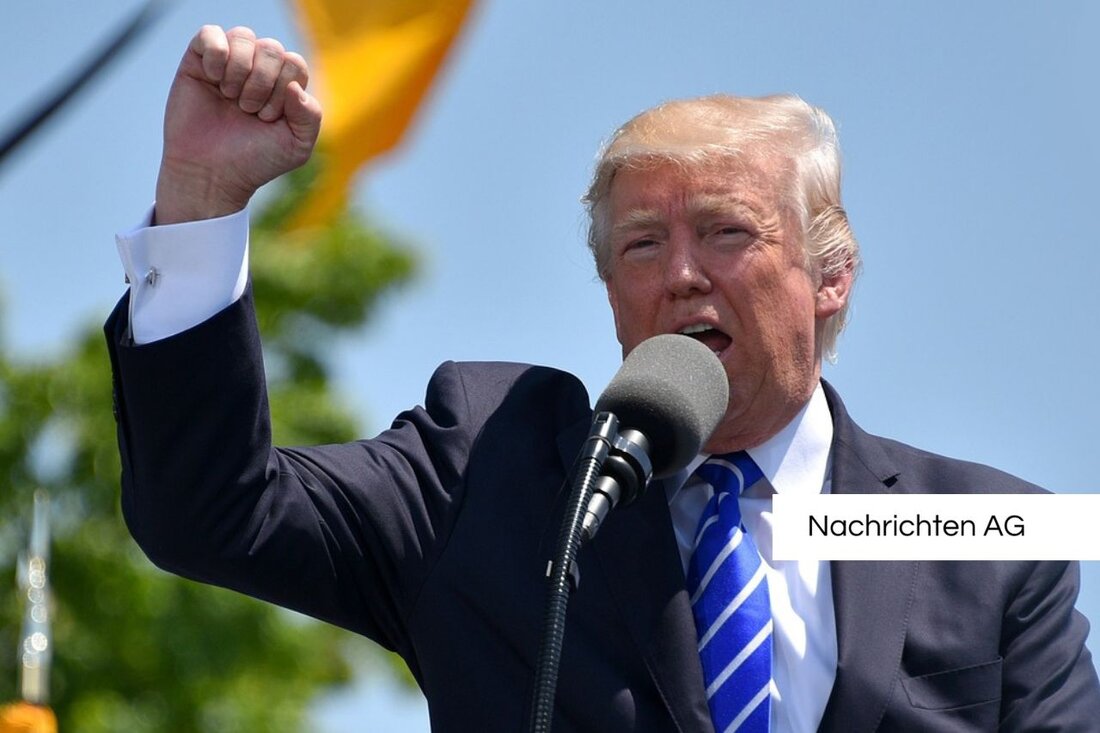Iranian Foreign Minister: Nuclear weapons are unacceptable” – what now?
Iran, USA and nuclear talks: Araqchi describes nuclear weapons as "unacceptable". Negotiations in Rome and current developments.

Iranian Foreign Minister: Nuclear weapons are unacceptable” – what now?
In a recent televised address on May 31, 2025, Iranian Foreign Minister Abbas Araqchi declared that nuclear weapons were “unacceptable” for Iran. This happened in the context of the ongoing negotiations between Iran and the US on a new nuclear deal, which have been taking place since April 2025. These talks are being held mediated by Oman and have been described as “constructive” in the fifth round, while another meeting is on the cards, although no specific date has been given. In these negotiations, the USA is demanding that Iran completely abandon uranium enrichment, which Tehran rejects and instead refers to its right to nuclear capacities for civilian use, [vienna.at](https://www.vienna.at/iranischer-aussenminister-atom Waffen-inakceptabel/9443138) reports.
The latest round of negotiations in Rome took place against the backdrop of an intense dispute over Iranian uranium enrichment. According to the International Atomic Energy Agency (IAEA), Iran has already tripled its production of highly enriched uranium. It is stated that an atomic bomb requires enrichment to at least 80 percent; Iran, on the other hand, achieves enrichment of up to 60 percent at its Natans and Fordow production sites. This increase in uranium stocks has been strongly condemned by Germany, France, Great Britain and the USA as it poses significant risks and has no credible civilian justification, according to tagesschau.de.
Tensions and diplomatic efforts
Following developments in uranium enrichment, concerns are growing both within the international community and within Iran. The EU expressed “deep concern” about an expansion of Iran’s nuclear program as early as March 2025, which is supported by a report from the Austrian Office for the Protection of the Constitution. It states that Iran's nuclear program is already "well advanced" and could make the state's leadership "untouchable." Iran responded to the report by accusing it of “media propaganda,” while denying the increase in uranium production and calling the IAEA reports “nothing new.”
The worrying situation is further complicated by geopolitical tensions in the region. After the US withdrew from the 2015 nuclear deal under President Trump, Iran declared that it no longer felt bound to the agreed conditions. Since then, according to international assessments, work on nuclear weapons in Iran has been in full swing. In a tense regional context, Iranian-backed forces have repeatedly taken action against US military personnel in Iraq and Syria, increasing the risk of a regional conflict, as tagesschau.de analyzes.
In summary, the negotiations between Iran and the USA are characterized by deep divisions. Araqchi recently expressed doubts about whether a deal with the US is “imminent.” While the US cannot accept enrichment capacity for Iran, Iran has declared enrichment as “non-negotiable” and is demanding the removal of all sanctions. This deadlock makes a diplomatic solution extremely difficult, especially given Iran's aggressive military policy and ongoing tensions in the Middle East.

 Suche
Suche
 Mein Konto
Mein Konto
